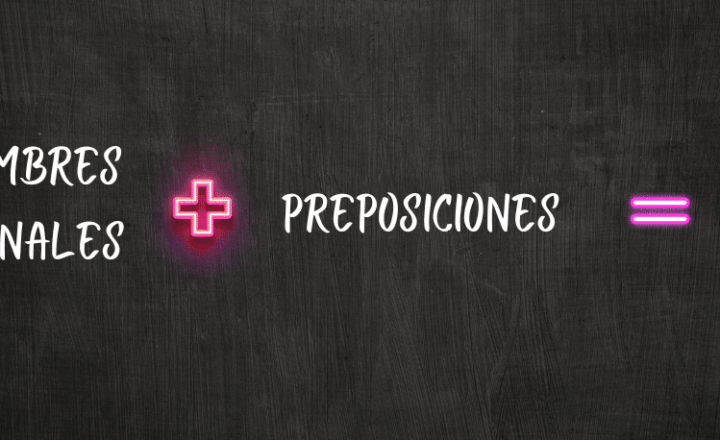
Spanish Grammar Review: ANTES DE QUE, DESPUÉS DE QUE, MIENTRAS, CUANDO and more Conjunciones Adverbiales de Tiempo (Lower Intermediates & Up)
Spanish Grammar Review: ANTES DE QUE, DESPUÉS DE QUE, MIENTRAS, CUANDO and more Conjunciones Adverbiales de Tiempo (Lower Intermediates & Up)
Las conjunciones adverbiales de tiempo expresan información sobre el TIEMPO en el que se realiza la acción del verbo principal. Los podemos sustituir por adverbios de tiempo y realizan la función del CCT (Complemento Circunstancial de Tiempo). Usos de las conjunciones adverbiales de tiempo: 1)










